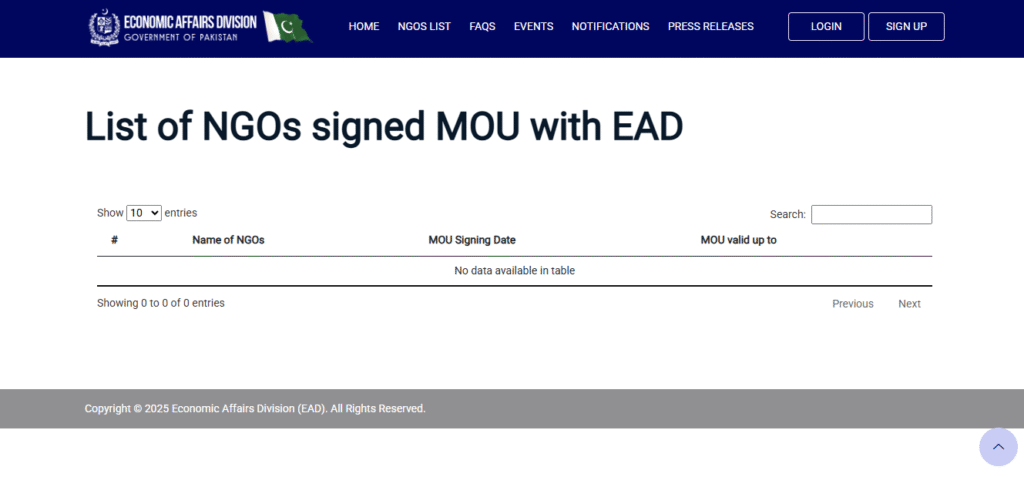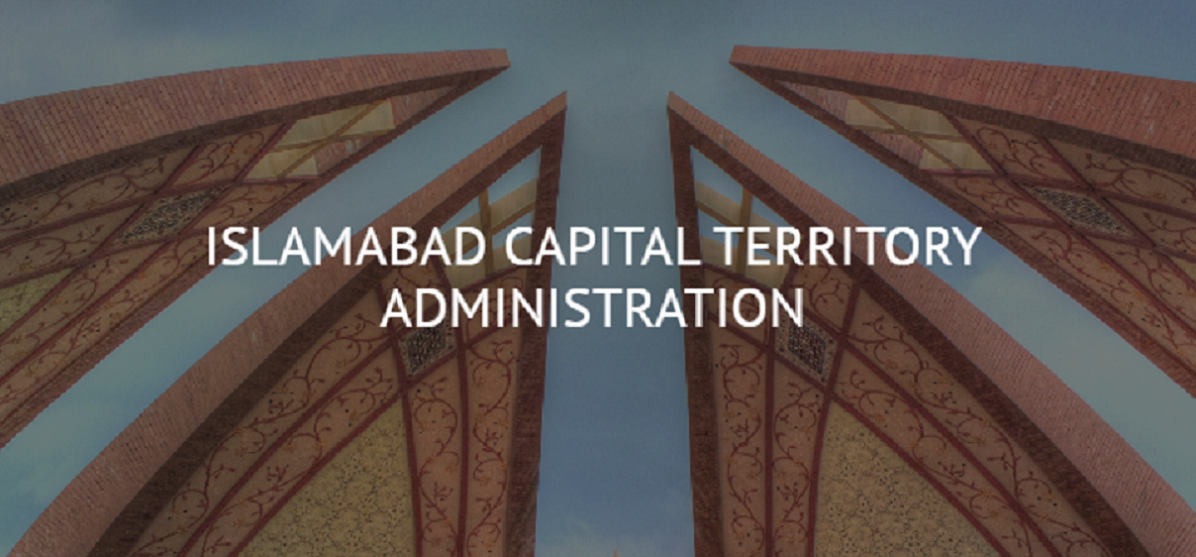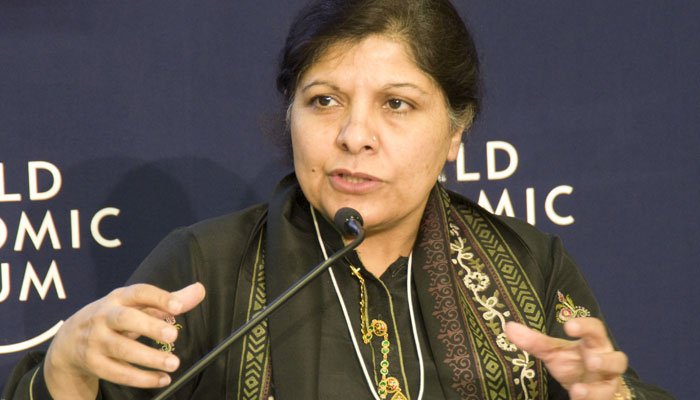Pakistan’s Parliament passed Islamabad Capital Territory Charities Registration, Regulation and Facilitation Act, 2020 which came into force immediately.
Only 500 NGOs Register Under Charities Act in Islamabad while there are numerous NGOs, NPOs and community organizations working under previous laws. While the city is planning several new endeavors including setting up of single window facilitation center. Interestingly, it is yet to enforce one of the most important mandates of managing the charities.
Speaking to FactFile, an officer of Industries Department shared that only 500 NGOs have so far registered with the authority. While there are hundreds of NGOs running in Islamabad; they are mostly under the umbrella of the already discarded previous registration laws.
Prior to the passage of ICT Charities Act, the NGOs were registered under the Societies Registration Act, 1860 or Voluntary Social Welfare Agencies (Registration & Control) Ordinance, 1961. However, the government came up with a uniform law to streamline the working of NGOs in the capital city. The provinces have installed their own respective charities commissions in every region.
As the legislature outlined a strategy to completely discard both previous registration processes. It outlined a strategy to bring all the new and old NGOs in the ambit of newly developed Islamabad Capital Territory Charities Registration Regulation and Facilitation, Act, 2020.
Islamabad Capital Territory Charities Registration, Regulation and Facilitation Act, 2020
Section 3 of the ICT Charities Act states “There shall be established a body to be known as charities registration authority. It shall appropriately be manned and headed by a director to be appointed or designated in prescribed manner. It is for performance of such functions and exercise of such powers as are conferred or assigned under this Act and the rules and regulations made hereunder.”
Interestingly, the Sub-Section 2 of Section 5 clearly states that all the previous registrations cease to exist on passing of this law. It states, “All the charities working for welfare or charitable purposes and already registered under any of the laws, other than the laws mentioned in sub-section (3) and rendering services in any or multiple activities mentioned in the Schedule, shall have to seek fresh registration in accordance with the provisions of this Act and on the production of such documents as deemed and required by the registration authority.”
It is more pertinent that the next sub-section 3 claims ceasing of all previously registered organizations. “The registration of a charity for charitable and welfare purposes under any other law shall cease to be performed,” states Sub-Section 3 of Section 5. However it grants waiver to the organizations registered under section 42 of the Companies Act 2017.

Sources claim that the lack of enforcement is a big challenge as the city has very limited resources. At present, there are only 2 functionaries in the charities department who are already overstressed. Moreover, the limited resources are another factor. The officials need to identify, raid and cease the non-compliant NGOs. Still, the two officials are responsible for all activities. These include new registrations, renewals, record keeping, verification and site visits and very limited facilities. Sources claim there is even no specific vehicle for the department.
Requirement of MoU from Economic Affairs Division (EAD)
It is also interesting that all NGOs are required to obtain MoU from Economic Affairs Division (EAD). Earlier in 2021, the EAD published a list of NGOs who have valid MoU. However, the practice is changed and no record for NGO who have valid MoU exists publicly. In fact, the NGOs List page for the EAD is empty. Well, the government do have all the records and it can share it with regulatory authority for any regulatory action. Why it is not done is still unclear.

It is concerning as Pakistan was hit with severe economic restrictions after inclusion in the FATF grey list. Pakistan was placed under FATF grey list on June 15, 2018. The country had to bear several economic challenge, trade cutoffs, deal cancellations and embarrassment. Yet, the country removed all the structural deficiencies in the system and the country was removed from the grey list on October 21, 2022. There was a sigh of relief for the business community on Pakistan’s exit from FATA grey list.
One of the key markings for FATF grey list involved money laundering and terrorism financing under the charities. For this very purpose, the government had launched the Islamabad Charities Act for ICT. Moreover, the provinces devised their own laws to ensure accurate and updated records for the social welfare organizations.
Some analysts believe that it is still a good mark as the government is fully implementing the new regime for registration of NGOs in Pakistan. The lower number of registrations of previously registered organizations shows that the organizations may be dubious or not fully compliant to the laws of Pakistan.





